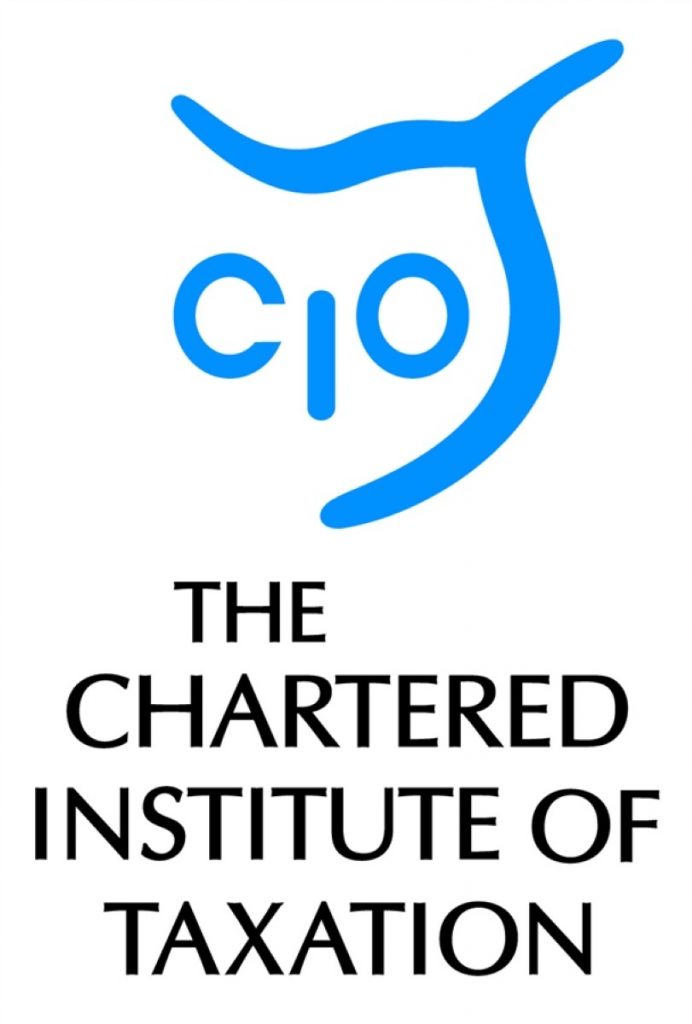PAYE shift to digital will disadvantage vulnerable taxpayers, say tax charity
The Low Incomes Tax Reform Group (LITRG) has criticised the Government’s planned changes to how and when HMRC notify taxpayers if their PAYE tax code changes. The Group fears that a move to digital and telephone communications, coupled with deliberately delaying or not issuing notices at all in some situations, will lead to more errors and erosion of taxpayers’ rights.
The Government have proposed to amend the law to allow the following changes to the Pay as You Earn (PAYE) system:
1. PAYE Notices of Coding may be issued electronically or conveyed by telephone
2. In certain circumstances, a change in Tax Code could be notified to an employer without letting the employee know1
3. If HMRC choose, they may delay issuing a PAYE Notice of Coding by up to 30 days, notwithstanding that the individual’s employer will have been notified of the change and the employee’s tax deductions affected
Commenting, LITRG Chairman Anthony Thomas said:
“We are disappointed that the Government’s proposals, stated to be designed to better manage the service provided by HMRC, effectively curtail employees’ rights and individuals’ ability to understand and manage their own tax affairs.
“Giving people the option to interact with HMRC digitally is welcome for those who are able and willing to go down that route; but it should be just that – an option which the individual chooses to take up.
“For most PAYE taxpayers, the Notice of Coding is their sole contact with HMRC. Proposals to remove the requirement to issue such a notice to some people, delaying its issue, and/or relegating its communication to a telephone discussion could have serious impacts. This is particularly so for the low-paid and vulnerable, for whom even a small change to tax deductions could impact their ability to make ends meet. When coupled with the use of PAYE data via the Real-Time Information system to calculate future Universal Credit awards, it simply cannot be right to adjust a person’s tax code without letting them know about it.
“It also burdens employers and pension providers with taxpayers’ queries about tax code changes, in the absence of proper communication from HMRC.
“Rather than stopping sending notifications to taxpayers, we would suggest that if the Notice of Coding were designed better, with clearer explanations, there would be fewer queries from taxpayers thus enabling HMRC to better manage their service.”
Notes to editors:
1. Changes will also apply to pensioners and pension providers in addition to employees and employers.
2. LITRG’s submission can be accessed here.
3. The Government’s proposals can be accessed here and here.
4. The Low Incomes Tax Reform Group (LITRG)
LITRG is an initiative of the Chartered Institute of Taxation to give a voice to the unrepresented. Since 1998 LITRG has been working to improve the policy and processes of the tax, tax credits and associated welfare systems for the benefit of those on low incomes.
5. The Chartered Institute of Taxation (CIOT)
The CIOT is the leading professional body in the United Kingdom concerned solely with taxation. The CIOT is an educational charity, promoting education and study of the administration and practice of taxation. One of our key aims is to work for a better, more efficient, tax system for all affected by it – taxpayers, their advisers and the authorities. The CIOT’s work covers all aspects of taxation, including direct and indirect taxes and duties. Through our Low Incomes Tax Reform Group (LITRG), the CIOT has a particular focus on improving the tax system, including tax credits and benefits, for the unrepresented taxpayer.
The CIOT draws on our members’ experience in private practice, commerce and industry, government and academia to improve tax administration and propose and explain how tax policy objectives can most effectively be achieved. We also link to, and draw on, similar leading professional tax bodies in other countries. The CIOT’s comments and recommendations on tax issues are made in line with our charitable objectives: we are politically neutral in our work.
The CIOT’s 17,000 members have the practising title of ‘Chartered Tax Adviser’ and the designatory letters ‘CTA’, to represent the leading tax qualification.





-01.png)